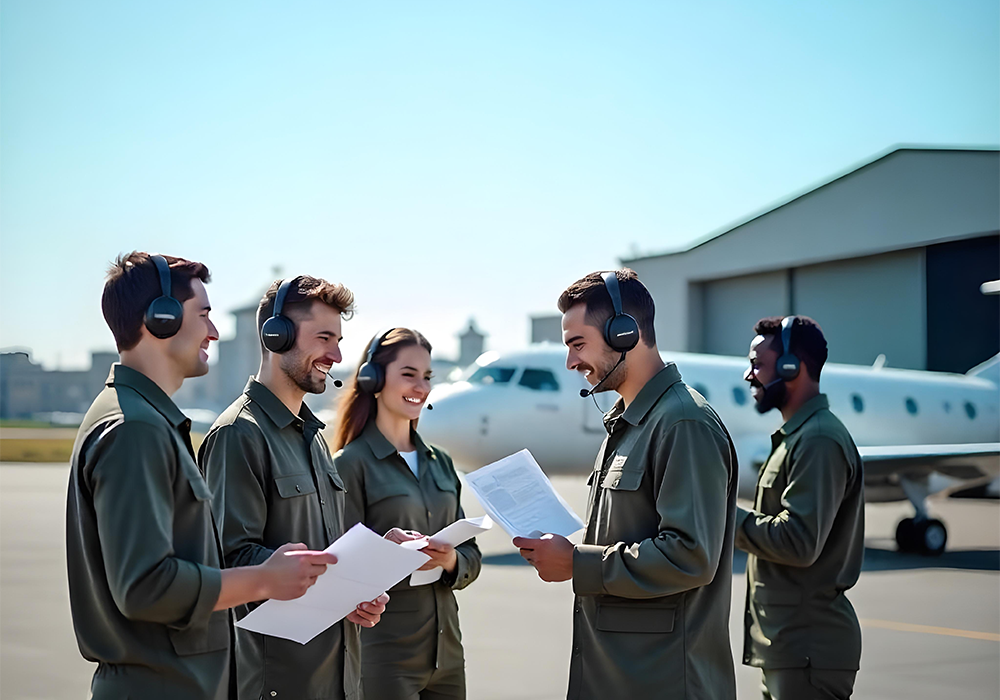The DGCA ATPL (Airline Transport Pilot License) written exams in India assess advanced theoretical knowledge across four core subjects, each crucial for airline operations and pilot-in-command responsibilities.
Summary of DGCA ATPL Written Exams
|
Subject |
Key Areas Covered |
|
Air Navigation |
Advanced flight planning, charts, navigation aids, FMS, position fixing, instrument procedures |
|
Air Regulations |
DGCA/ICAO rules, licensing, airworthiness, ATM, operational procedures, human performance, security |
|
Meteorology |
Weather theory, reports/charts, hazardous weather, radar, severe weather avoidance |
|
Radio Aids & Instruments |
VOR, ADF, DME, ILS, radar systems, SSR, instrument approaches, errors/accuracy factors |
These subjects collectively ensure that ATPL candidates have the depth of knowledge and operational understanding required for safe and effective airline command roles in India and internationally
Exam Format
All subjects are tested separately, primarily through multiple-choice questions (MCQs)
Minimum passing mark: 70% per subject
Oral exams may be required for certain endorsements
Disclaimer:
This article is intended for informational purposes only and does not constitute legal or regulatory advice. While every effort has been made to ensure accuracy, applicants are advised to refer to the official DGCA Pariksha portal and consult authorized professionals or aviation training institutions for guidance tailored to their specific cases. Wing Path and the authors are not responsible for any outcomes resulting from misinterpretation or misapplication of the information provided.

